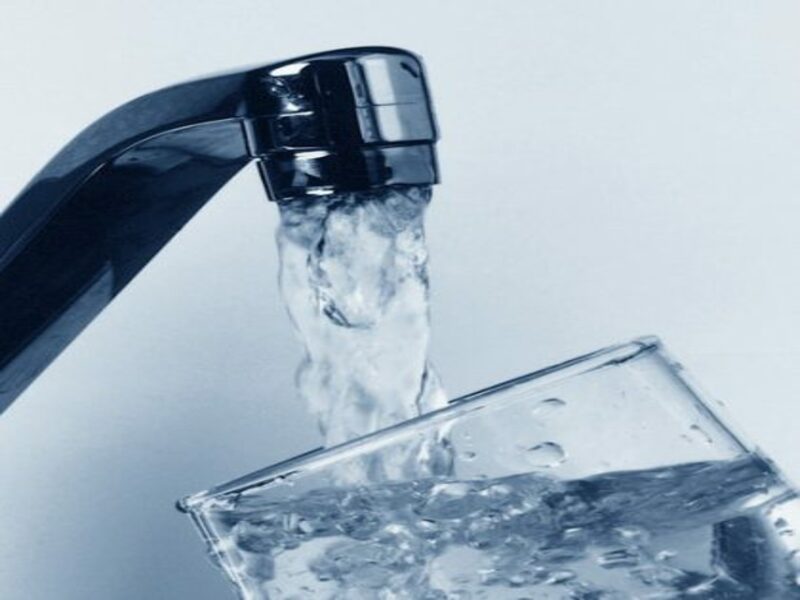Thousands of people on private drinking water supplies in rural Ireland were exposed to E.coli last year, according to the Environmental Protection Agency (EPA).
The agency today (Friday, October 20) released its Drinking Water Quality in Private Group Schemes and Small Private Supplies 2022 report.
Drinking water is provided to approximately 200,000 people across rural communities in Ireland, by over 380 group water schemes.
In addition, many rural schools, creches, nursing homes, pubs and restaurants have their own drinking water wells.
There are 1,700 small private supplies registered with local authorities, however, the total number of supplies remains unknown, as many have not registered their supply.
EPA
84% of registered small private supplies were monitored in 2022, compared with 75% in 2021.
The EPA report warns that “urgent action” is needed as the quality of private drinking water is not as good as the public supply.
Last year, 14 out of 370 private group schemes were found to have E. coli contamination, which indicates that the water supply had not been properly disinfected.
This put the health of approximately 5,500 people that use these drinking water supplies at risk.
In 2022, 16 private group schemes supplying 14,000 people failed the standard for trihalomethanes (THMs).
THMs are formed when natural organic matter in the water source, such as vegetation, reacts with chlorine used in the disinfection treatment process.
The EPA advises that THM levels are kept within the standards to avoid any possible health impacts from long-term exposure.
During 2021 the European Commission referred Ireland to the European Court of Justice in relation to THM exceedances.
Drinking water
Commenting on the report, Dr. Tom Ryan, director of the EPA’s office of environmental enforcement said:
“It is a local public health concern that private drinking water quality hasn’t improved in recent years despite the availability of public funding to support upgrades to water supplies.
“In addition, as there is no legal requirement to register private drinking water supplies, it is not possible to quantify the full extent of the risk to public health.
“The registration of private supplies needs to become a legally enforceable obligation on the supplier,” he added.
A review of the rural water sector was completed in January 2023 on behalf of the Department of Housing, Local Government and Heritage.
The review identified several significant issues that need to be addressed to improve drinking water compliance and reduce public health risk in private water supplies, including:
- All private water supplies should be registered with the local authority;
- Access to funding for water quality improvements varies greatly across local authorities resulting in available funding not being used;
- Measures are needed to improve management at underperforming private group schemes.
The National Federation of Group Water Schemes (NFGWS) welcomed the publication of today’s report.
The representative body for community owned and operated group water schemes said that the overwhelming majority of households served by such schemes were found to be fully compliant with drinking water quality standards.
NFGWS was pleased with the reduction in the number of non-compliances, but agreed that more needs to be done to ensure universal compliance with crucial parameters.
It said that it is essential that all stakeholders work together, under the auspices of the upcoming multi-annual rural water programme, to address any infrastructural requirements.
